The sacred scriptures that originated on this soil referred to this immense, varied, and mystic land as distinct and diverse in every possible aspect and dimension—its geographical, historical and spiritual being that came to be known as the homeland of "Bharata", which is a culturally and intellectually rich and awakened world located in the South East ("Dakshina Poorva Dighbhage, Bharata varshe, Bharata khande"). This land which was the chosen home of the descendants of King Bharata, was known for its vast treasure of knowledge immortalised in books that are primitively simple and holistically and esoterically profound in philosophy, science, medicine, and just about anything that is concerned with the earthly and heavenly aspects of human life. A critical reading of history would alert us to the naming of this land from a conqueror’s perspective, a perspective that would be inevitably limited, much like the blind men in the story trying to name the elephant. This was bound to be impressionistic. Some of these names are referents to such geographical and cultural features as the Sindhu, and Hindu, Indica and India. Megasthanes, the Greek traveler, whose extinct text "Indica", which survives only some surviving fragments sings paeans to the rich cultural, philosophical and spiritual heritage of this country.
As E M Forster says, the sun can look down at this part of the world and claim it to be the flesh of its flesh, the blood of its blood, for, India has never been under the sea unlike other landmasses. It has a unique, matured look on the one side, and a young, fresh look on the other. Its tectonic plate extends up to the Antarctic, justifying the name of the ocean named after it. All other countries near the Ocean are peripheral to it. Historically, India can also claim to be the cradle of mankind what with fossils of Sivapithecus, to name one, being found in the Himalayas. Isolated from the turmoils of Asia and Europe for a long time, the country evolved a unique culture and history. It stands to reason that this part of the world, unlike any other in every way, and older than any civilisation in its continuity, should have a unique and original name that is given by her own children who know her best.
While it is claimed that political nationalism originated in the British Isles and France’s Burgundy, cultural and social historical bonds are no less binding factors of nationalism. The fact that Sri Adishankara, often compared by Western scholars with St Thomas Aquinas, built mathas more than a millennia ago in the four corners of what came to be called India, establishes no less explicitly and forcefully the concept of India as any political nationalism can. On the other hand, the idea of kala pani excluded other lands from India. The subcontinent forms a natural landmass with the Himalayas in the north and the Ocean in the south. In civilisational and national terms, the idea of India as we know it, was already in place. The fact that some people dismissed India as a “mere geographical expression” is neither here nor there—Metternich said the same words about the Italy of his times. Such denigrators have all been consigned to the dustbin of history. And all the time, there was a Greater India, as some historians have called it, extending to Cambodia (the Southeast Asian version of Kambhoja, or with the Thai capital of yore as Ayuthaya (their version of Ayodhya), India had its own version of the mission civilisatrice, albeit a peaceful one.
The rich legacy of this nation attests to its ancient glory and its historical annals are adorned with every modern feature that our contemporary world boasts of. In Harappa of the Indus Valley Civilisation, there was city planning on the grid pattern, and a drainage system with an advanced plumbing replete with manholes to clean them. In the Mahajanapadas (republics), we had an alternative to the monarchy almost in a Hegelian dialectic of thesis and antithesis. The Sabha and the Samiti were vital moot halls—parliaments—deciding the fate of the land they ruled. Nor was there a conflict between republican and monarchical forms of government as we see today. Harmony was the watchword then, as it is now. The point is that the land developed and sustained an advanced civilisation. It is unfortunate that it came to be known by the name given by foreigners who only saw it literally peripherally. For, if the Indus is a mighty river, there are others such as the Brahmaputra to match. Thus it is very important to find a name that does justice to the land.
The name Bharat is rich in meaning. It is the name of a great and inspiring hero whose prowess was the subject of wonder right from his childhood, and is known to have united India in ancient times. This vision of unity is much needed, since it is from this mystic land hails the profession "vasudhaiva kutumbakam"—the world as one family.
Further, the name Bharat recalls the unsurpassable ancient knowledge, teaching the world numbers and astronomy and thus playing a major role in ushering the modern age. Bharat will be a reassuring hope for the world against imperialist and other anti-civilisational forces.
Perhaps, India is the only country that officially has two names. According to Article 1 of the Constitution of India, "India, that is Bharat, shall be a union of states". It is a union strongly resisting any propensity of secession. In an enlightening moment for the rest of the world, the US Ambassador to India, in the 1980s, when the so-called Khalistani movement was at its peak, said that there are more chances of Texas splitting off from the US than Punjab breaking away from the country. The point is that culturally, historically, and in every conceivable way, the nation has been one, and will remain so. With the name of Bharat, all malicious and centrifugal forces can be neutralised.
Since the name Bharat is already in the Constitution, the change entails no radical departure from it, keeping in place what has been called its “basic structure”. It would only be making it more focused, and more appropriate. The strange juxtaposition of a foreign name and a genuine, indigenous one will no longer puzzle or bemuse Indians—and the world.
The distinguished culture, the remarkable historical legacy, an influential way of life, and a spirituality of cosmic consciousness, which are valued as the intellectual bases for a highly conscious culture sourced from this soil have been a part of the conscious and subconscious experiences of almost all people on this planet. This consciousness should deter and preclude any annoyance and defuse any inept questioning of the necessity of this great nation to be renamed as 'Bharat'. This intellectual acquiescence has led to the obscuring of the nation’s proud legacies and history for centuries together. This historical meekness reconfiguring itself is now trying to at least re-centre its jaded ideas and views to barrenly, out of dead habit, questioning the renaming of the nation.
There was no such susurrus when so many nations across the world renamed their lands to reflect and earn back their historical pride. Turkey, once called Asia Minor, changed its name to 'Turkiye'; Holland renamed as 'Netherlands'; Czechoslovakia as the ‘Czech Republic'; Kampuchea as 'Cambodia'; Siam as 'Thailand'; and Swaziland as 'Eswatini'. Our neighbouring countries have no exception, since Burma renamed itself as 'Myanmar', and Ceylon as 'Sri Lanka'.
As India finds her feet and rises in importance on land, air, and in space, in economics and international affairs, it is time that a colonial legacy and historical accidents are laid to rest and the patina of the ages is wiped clean. While the lessons of history have to be learnt, it is also important that they should not continue their vice-like grip on the country. Thus, historically, culturally, constitutionally, semantically, and in every other sense imaginable, it is appropriate to rename India as Bharat.
(The opinions expressed in this article are personal)
* The author is the Vice Chancellor of The English and Foreign Languages University (A Central University) located in Hyderabad, Shillong and Lucknow.
Prof. E. Suresh Kumar







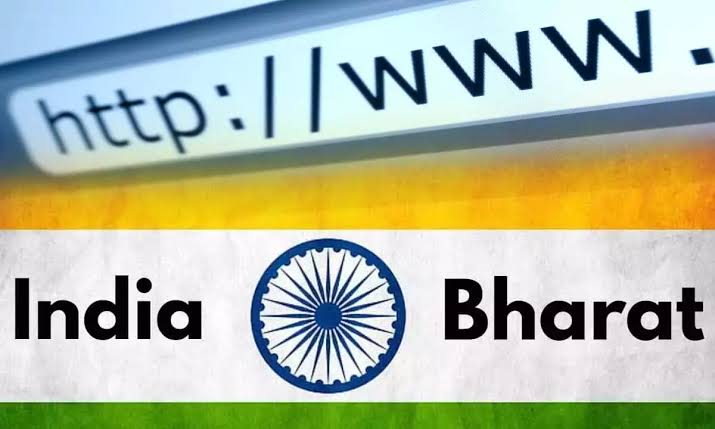
 OpinionExpress.In
OpinionExpress.In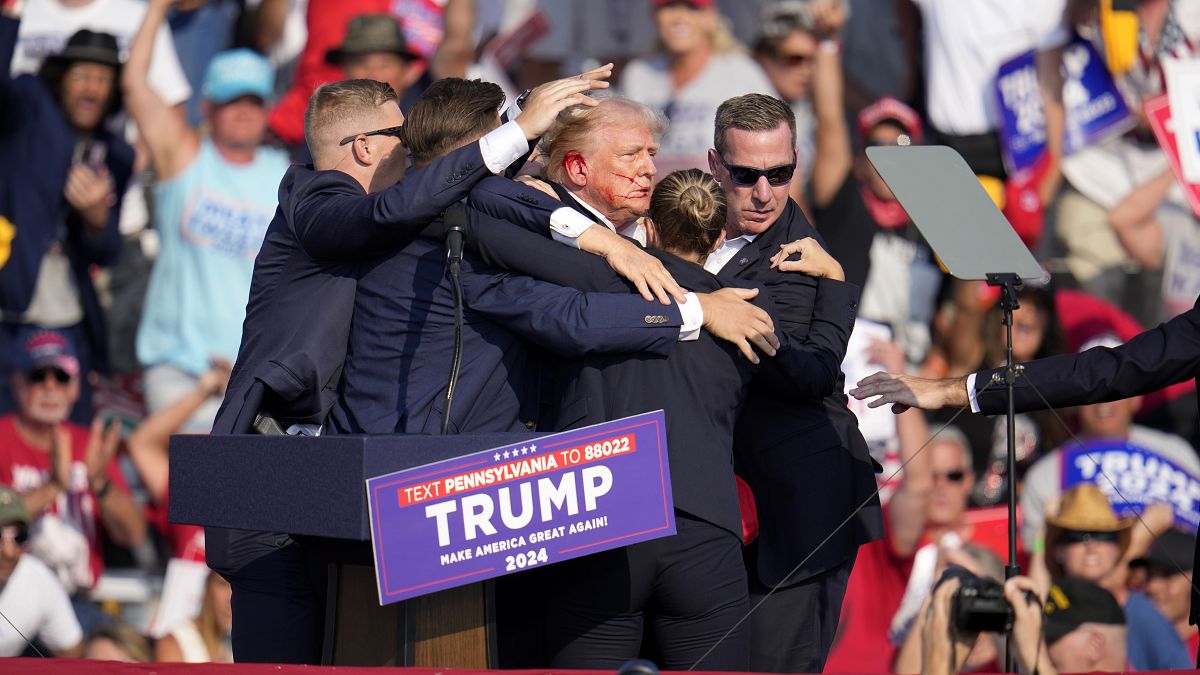

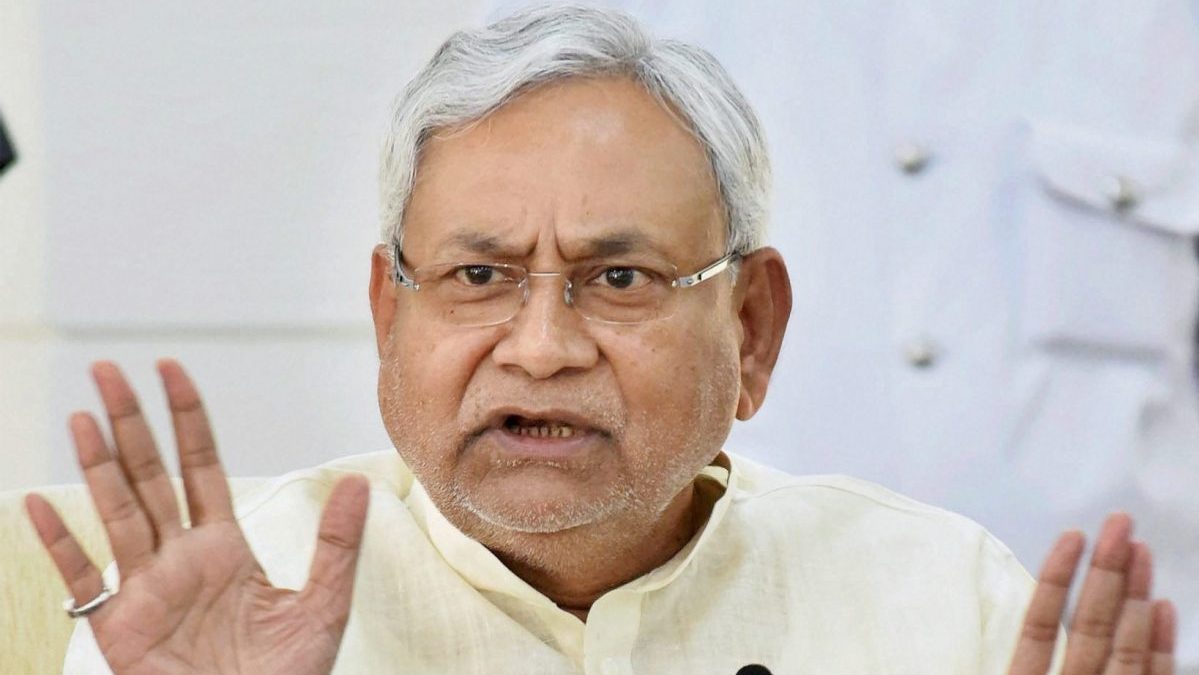


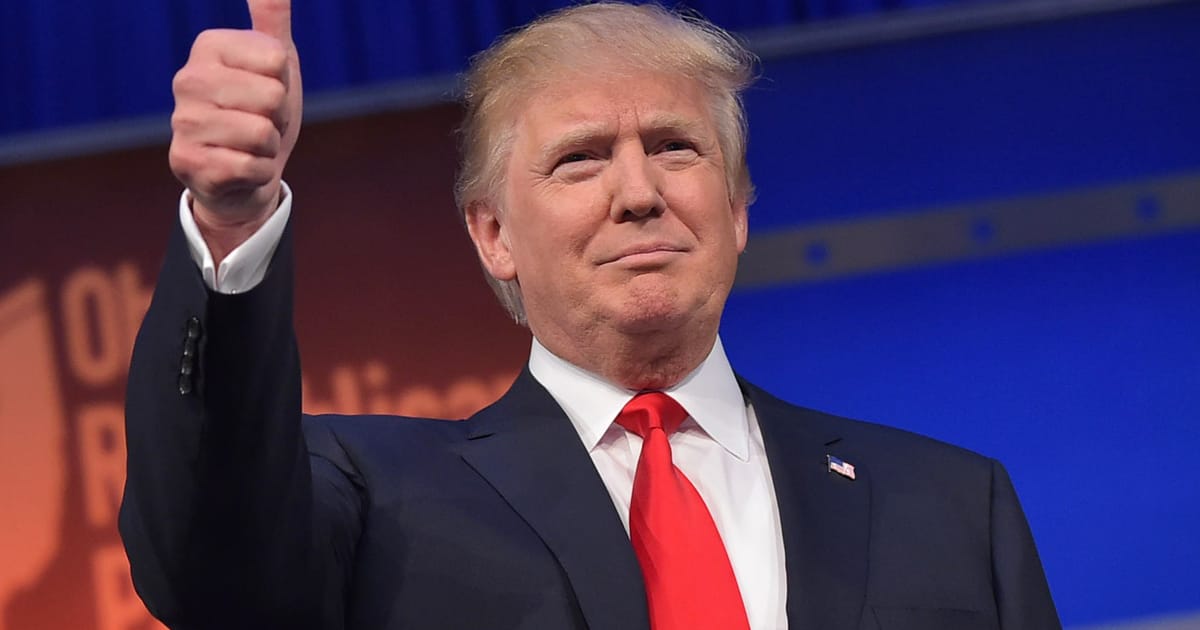
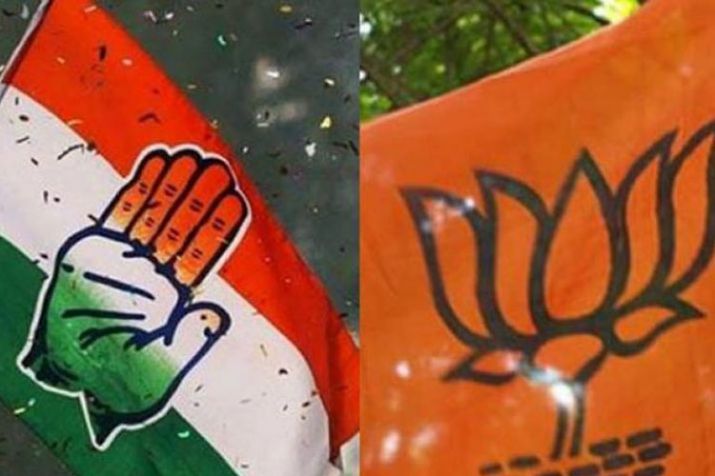
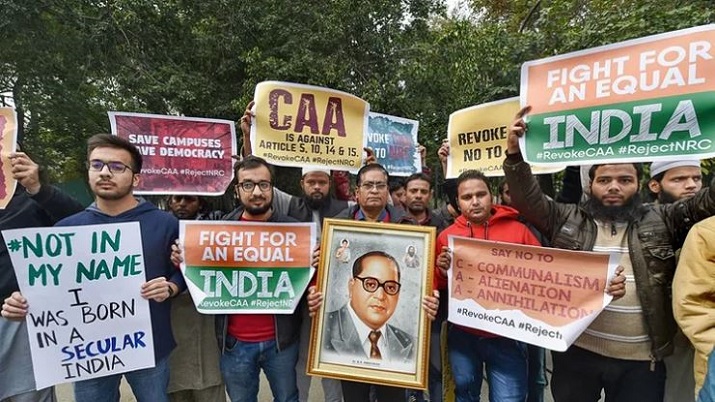
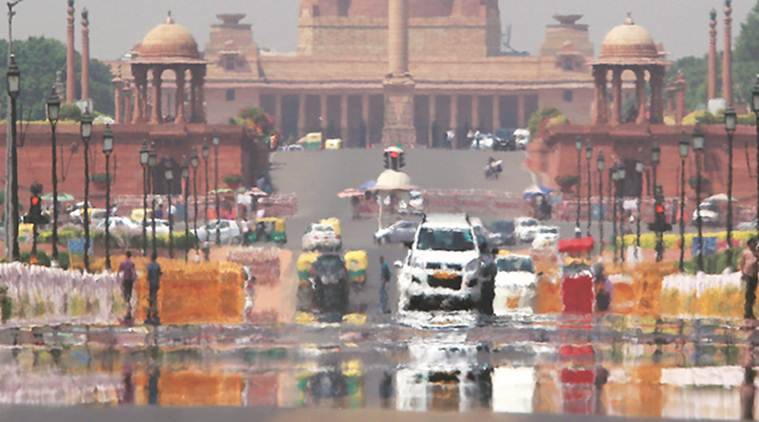
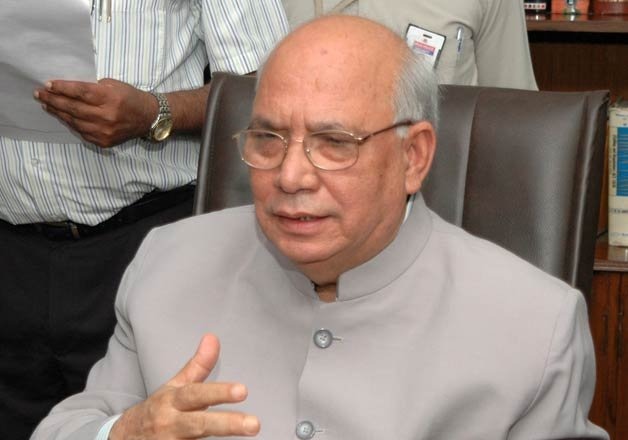






Comments (0)